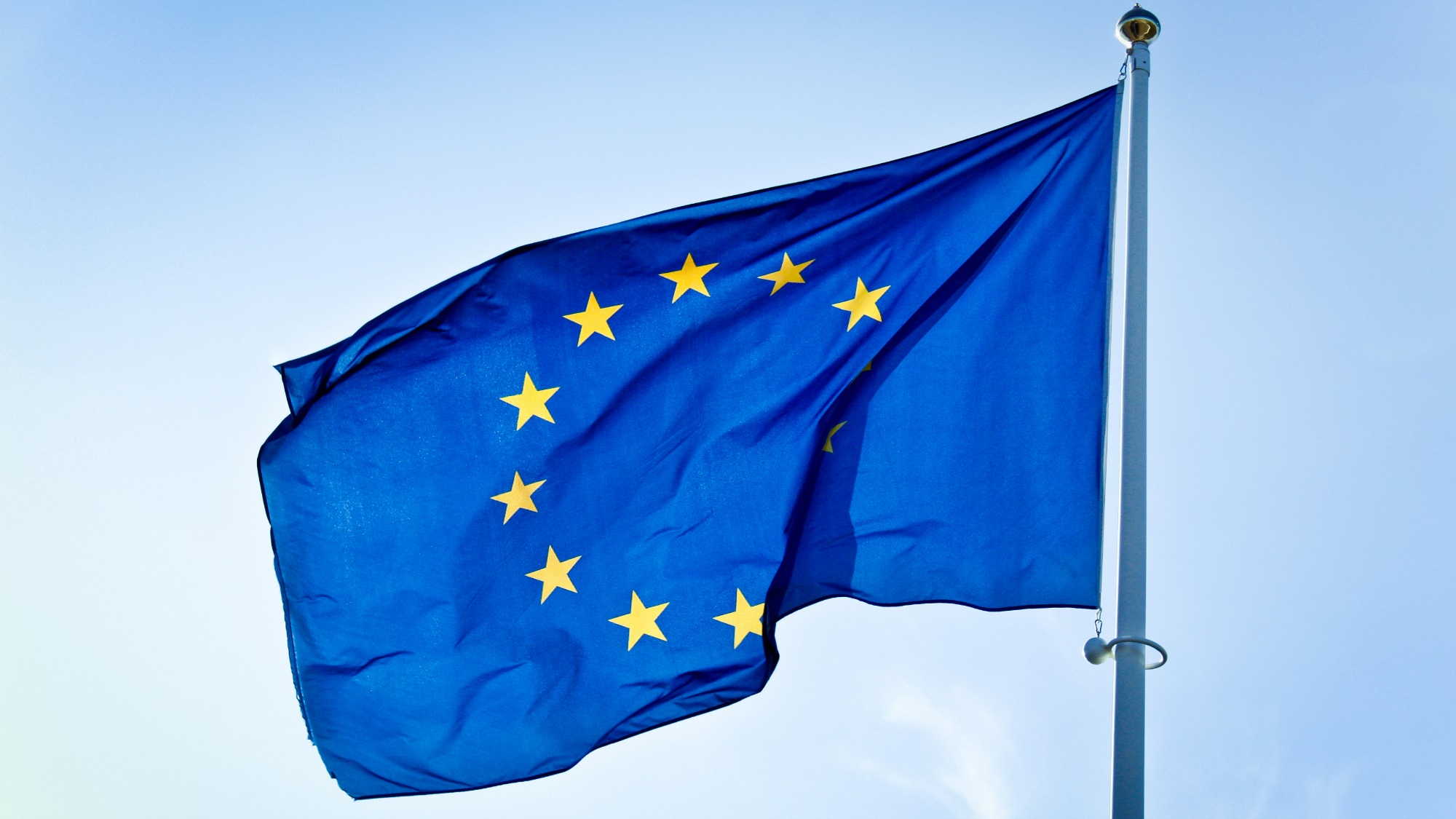It isn’t just oil companies that are pushing the U.S. to drop its near-total ban on crude oil exports. European Union negotiators are trying to convince America to not only end the ban but agree to a “legally binding commitment” that would guarantee both oil and gas exports to its members.
The Washington Post got its hands on a secret E.U. document describing negotiations related to the Transatlantic Trade and Investment Partnership. The free-trade agreement could affect $4.7 trillion in trade between the U.S. and Europe — and energy supplies are at the forefront of the European negotiators’ minds.
“The EU proposes to include a legally binding commitment in the TTIP guaranteeing the free export of crude oil and gas resources,” the “restricted” European Council document states.
So far, it seems that U.S. negotiators have been stonewalling the bid for such a legally binding commitment. “The U.S. has … been hesitant to discuss a solution for U.S. export restrictions on natural gas and crude oil in the TTIP through binding legal commitments,” the document says.
Environmentalists are not happy about this E.U. push. “We find it particularly outrageous that a trade agreement negotiated behind closed doors is being used as a means to secure automatic access to both crude oil and natural gas,” Ilana Solomon, director of the responsible trade program at the Sierra Club, told the Post. “By lifting the ban, you’re creating a whole new market for the oil industry to export to, and windfall profits for oil companies, which means more money to frack more, to produce more, to burn more.”
Why are the Europeans currently so anxious to get their hands on American fossil fuels? The negotiators are pointing to Russia’s invasion of Ukrainian territory, which they say highlights European vulnerability to potential disruptions in the supply of natural gas from Russia.
“The current crisis in Ukraine confirms the delicate situation faced by the EU with regard to energy dependence,” the document states. “Building a strong and comprehensive chapter in TTIP, which would combine our support for procompetitive regulation while also lifting bilateral restrictions on gas and crude oil, will show our common resolve to increase security and stability through open markets.”
In other words: If you don’t trust Russia, send us your oil.



